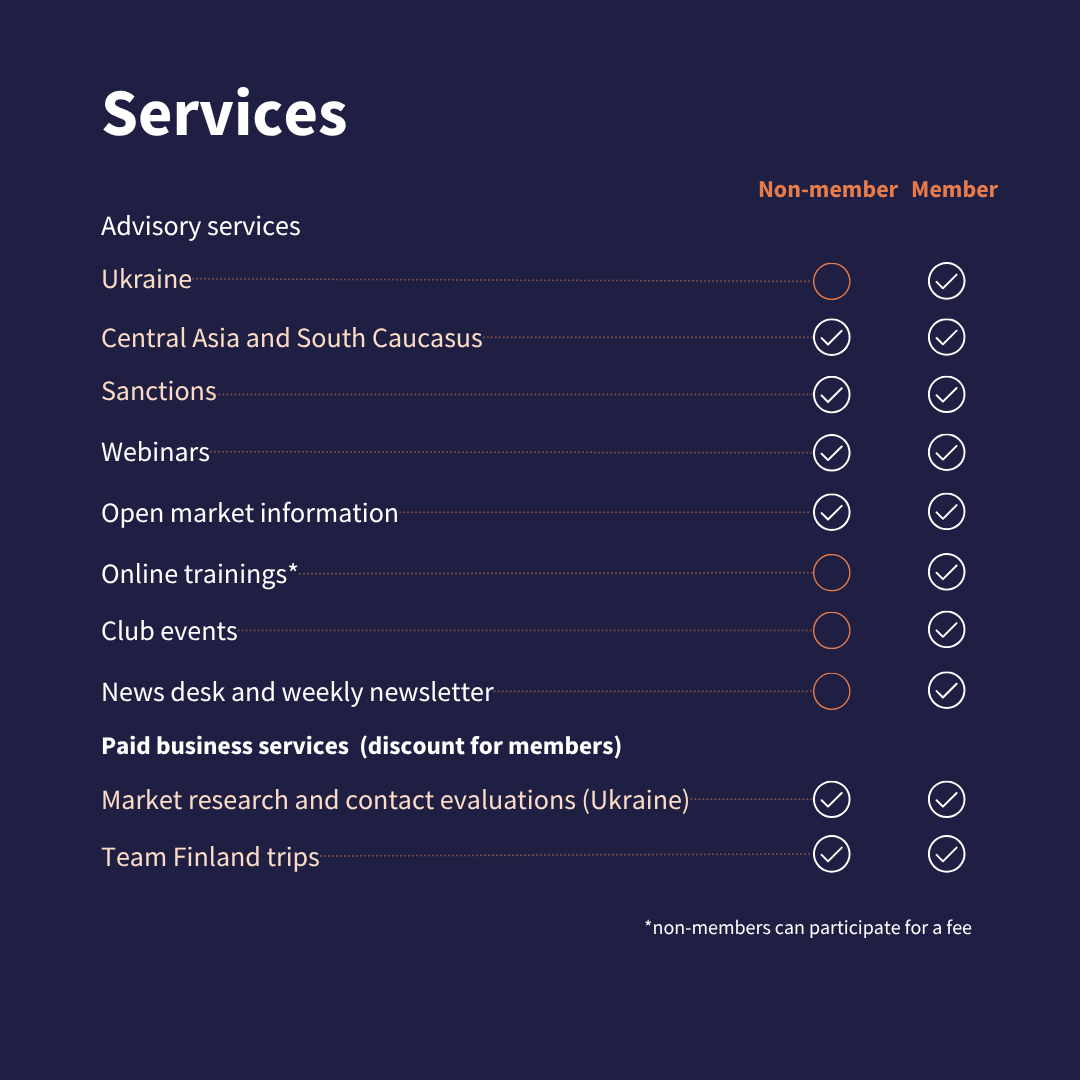
Ilta Astanassa. Kuvituskuva:
Kazakhstan’s business culture is a blend of different eras
The Head of EastCham's Almaty office tells, what aspects to keep in mind when doing business in Kazakhstan.

Kazakhstan’s business culture is a combination of Kazakh traditions, Soviet-era legacy, and modern international practices, says Altyn Shakirkhanova, Head of EastCham’s Almaty office.
As a historically nomadic people, Kazakhs have adapted quickly to change and were among the first in their region to adopt new international practices such as governance models, reporting methods, and digital solutions. On the other hand, remnants of Soviet-era bureaucracy are still visible, especially in the public sector, and new practices are not always applied consistently.
Where Finnish companies typically operate with low hierarchy and direct communication, Kazakhstan emphasizes hierarchy and indirect communication. Foreign companies must always understand who the key decision-maker is in their business partner’s organization and how that person communicates during negotiations.
On a broader level, it’s important to understand that Kazakhstan is undergoing a determined modernization of its economy and society.
– According to a new strategy extending to 2029, both state-owned and private companies are required to upgrade their technologies. This creates opportunities for Finnish companies to sell their solutions or provide expert training in Kazakhstan, Shakirkhanova says.
What to keep in mind in negotiations and business in Kazakhstan
- Identify the key decision-makers within your partner organization and get to know them thoroughly from the beginning to ensure you’re engaging with the right people in the hierarchy.
- Don’t jump straight into business. First, make an impression, build trust, and talk about something unrelated to the contract details. Good topics might include your first experiences with Kazakh cuisine or family life.
- Silence is not a bad sign. Kazakhs are not overly talkative but rather thoughtful and analytical, so silence does not mean negotiations are failing.
- Be aware of regional differences. Kazakhstan is a large country geographically. In western and northern Kazakhstan, communication tends to be more direct and decisions may be made immediately. In the south—home to the majority of the population and most government officials—communication is more indirect and decisions are made after internal discussions following negotiations.
- Kazakh is increasingly replacing Russian as the language of business, especially in the western regions. While English is widely spoken in major cities, for best results, your local partner or hire should ideally speak Kazakh.
- Be patient. Times are uncertain and the economy is in transition, so responses may not come immediately.
Altyn Shakirkhanova held an online training session on Kazakhstan’s business culture on September 23. Recording of the training is available for viewing for EastCham members.
Not a member company year? Learn about our membership and join now:


